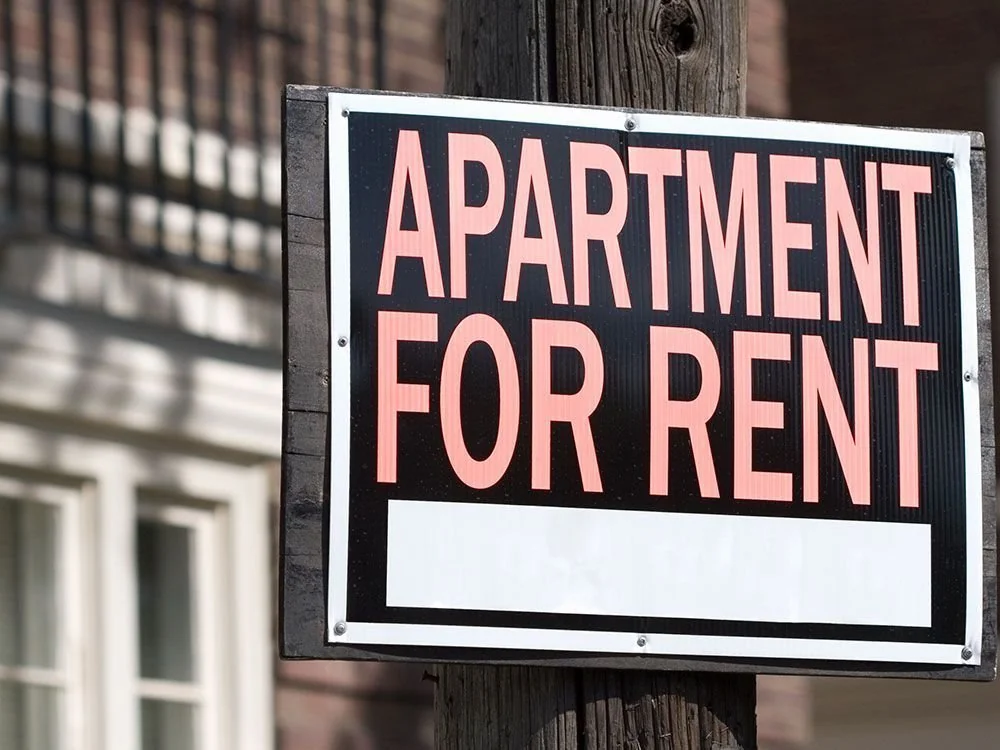Renting seems straightforward. You find a place, agree on a monthly price, and move in. But is it ever that simple? The hidden financial factors add up quickly and often catch people off guard.
Beyond the obvious monthly payment, the unexpected drains on your wallet can be staggering. Let’s dig deeper into the full picture of what living in a rental really demands.
Key Points
- Hidden fees inflate the actual monthly payment.
- Location dictates costs far beyond rent alone.
- Amenities and convenience carry a price tag.
- Long-term financial drawbacks are often overlooked.
- Practical steps can minimize unexpected expenses.
Breaking Down the Basics of Renting in the U.S.
Many people approach renting as a flexible housing solution, but that flexibility comes with financial layers. Costs often include not just rent but utilities, insurance, and application fees. Renters in competitive markets frequently face inflated prices, especially in cities where demand outweighs supply. To simplify finding options, Zumper rentals offer expansive inventories and verified listings that ease the process.
Location Drives Expenses Beyond Rent

Your address dictates more than just your proximity to work or entertainment. It’s a cornerstone of your overall spending. Here are factors linked to location:
- Utilities ─ Energy and water costs vary dramatically by state and even city.
- Transportation ─ Living in a suburban area often means higher fuel costs, while city living could require costly parking permits.
- Taxes ─ States like Florida or Texas may offer relief on income tax, but property and sales taxes could offset savings.
Carefully weigh these location-based factors before signing a lease.
The Illusion of “Free” Amenities
Modern apartment complexes promise perks like gyms, pools, and business centers. However, you’re paying for these conveniences. Amenities can inflate monthly payments without delivering true value. Consider:
- Are you actually using those facilities regularly?
- Could you access comparable services more affordably elsewhere?
- Are those “free” benefits worth the higher premium?
Analyze what you’re really gaining versus the inflated price.
The True Cost of Moving
Moving isn’t just about loading boxes onto a truck. Relocation comes with expenses that pile up quickly. Some common ones include:
- Application fees ─ $50 to $100 per property isn’t unusual.
- Security deposits ─ Often equal to one month’s rent.
- Furniture and appliances ─ Even a modestly furnished apartment requires investments.
- Professional movers or truck rentals ─ These add convenience but come with steep fees.
Long-Term Financial Drawbacks

Renting means avoiding the burdens of homeownership, but it also limits opportunities for wealth building. Homeowners build equity with every mortgage payment, while renters face:
- No return on their monthly payments.
- Rising rental rates erode savings over time.
- Missed tax advantages available to homeowners.
If your goal includes long-term financial stability, consider the trade-offs.
How to Avoid Costly Pitfalls
Navigating rental markets doesn’t have to drain your bank account. Use these strategies to minimize expenses:
- Research thoroughly ─ Compare multiple listings and avoid rushed decisions.
- Ask about hidden fees ─ Utilities, pet charges, and parking fees can add hundreds.
- Negotiate terms ─ Landlords may offer discounts for longer leases.
- Verify rental history ─ Avoid properties with histories of maintenance issues.
- Track expenses ─ Budgeting apps can help monitor all rental-related spending.
Renting vs. Owning ─ The Never-Ending Debate
Many renters view their payments as temporary, while homeowners argue for the long-term benefits of property ownership. Some things to consider:
- Renting offers flexibility but at a financial cost.
- Owning requires upfront investment but provides long-term stability.
- Regional housing markets heavily influence both options.
Weigh your priorities carefully before making a decision.
Hidden Social Factors Impacting Rental Markets

It’s not just inflation or demand driving costs. Trends like remote work and gentrification influence pricing. Popular areas see spikes as wealthy renters compete for limited units, while once-affordable neighborhoods become inaccessible.
For renters, this translates into:
- Competing with higher earners for limited housing.
- Paying premiums in trendy areas.
- Constantly adjusting to shifting market dynamics.
Tips for Negotiating Rental Agreements
Getting a fair deal is possible if you approach landlords strategically:
- Highlight your reliability ─ Good credit scores and steady income make you an attractive tenant.
- Request flexibility ─ Propose reduced rent in exchange for minor responsibilities like maintenance.
- Timing matters ─ Landlords are more flexible during off-peak seasons.
- Get everything in writing ─ Ensure all agreements are documented clearly.
Managing Unexpected Costs Like Repairs
Maintenance issues don’t disappear just because you’re renting. While landlords typically handle major repairs, tenants often bear the cost of smaller issues. Consider these common scenarios:
- Broken appliances ─ Some leases require tenants to pay for repair or replacement if damage wasn’t caused by normal wear and tear.
- Pest control ─ Unless specified in the lease, renters might cover the expense of treatments.
- Locksmith fees ─ Losing a key or needing an emergency lockout service can cost upwards of $150.
To avoid surprises, thoroughly review the lease terms and document any pre-existing conditions during move-in.
The Role of Credit Scores in Renting

Your credit score is more than just a number; it’s a determining factor in securing a lease. Landlords use credit checks to assess financial reliability. A low score could lead to higher security deposits or outright rejections. Improve your chances with these tips:
- Check your score regularly ─ Identify and dispute inaccuracies.
- Reduce debt ─ Lower credit card balances to boost your rating.
- Build a solid payment history ─ Timely payments on loans and bills improve your standing.
- Offer references ─ Personal and professional endorsements can strengthen your application.
Strong credit not only opens more doors but can also save money by reducing upfront deposits.
FAQs
- Can I deduct rent on my taxes? In most cases, rent isn’t tax-deductible. Exceptions include running a business from home or specific state-level programs.
- How do I handle rent increases? Research local laws, as some areas cap how much landlords can raise prices. Negotiation is also key.
- Should I get renters’ insurance? Absolutely. Renters’ insurance protects against theft, damage, and liability for a minimal annual cost.
- Are short-term rentals cheaper? Not always. Monthly prices for short-term leases are typically higher than standard agreements.
- What should I budget for utilities? Utilities often range between $100 and $200 monthly, depending on location and energy use.
Conclusion
Renting often appears simple, but the full financial picture reveals complexities that can surprise even seasoned tenants. Hidden fees, long-term disadvantages, and regional variables all play significant roles in your monthly budget.
By researching carefully, negotiating effectively, and budgeting for the unexpected, you can minimize financial strain and make informed choices about your housing. Choose wisely, and your wallet will thank you.

